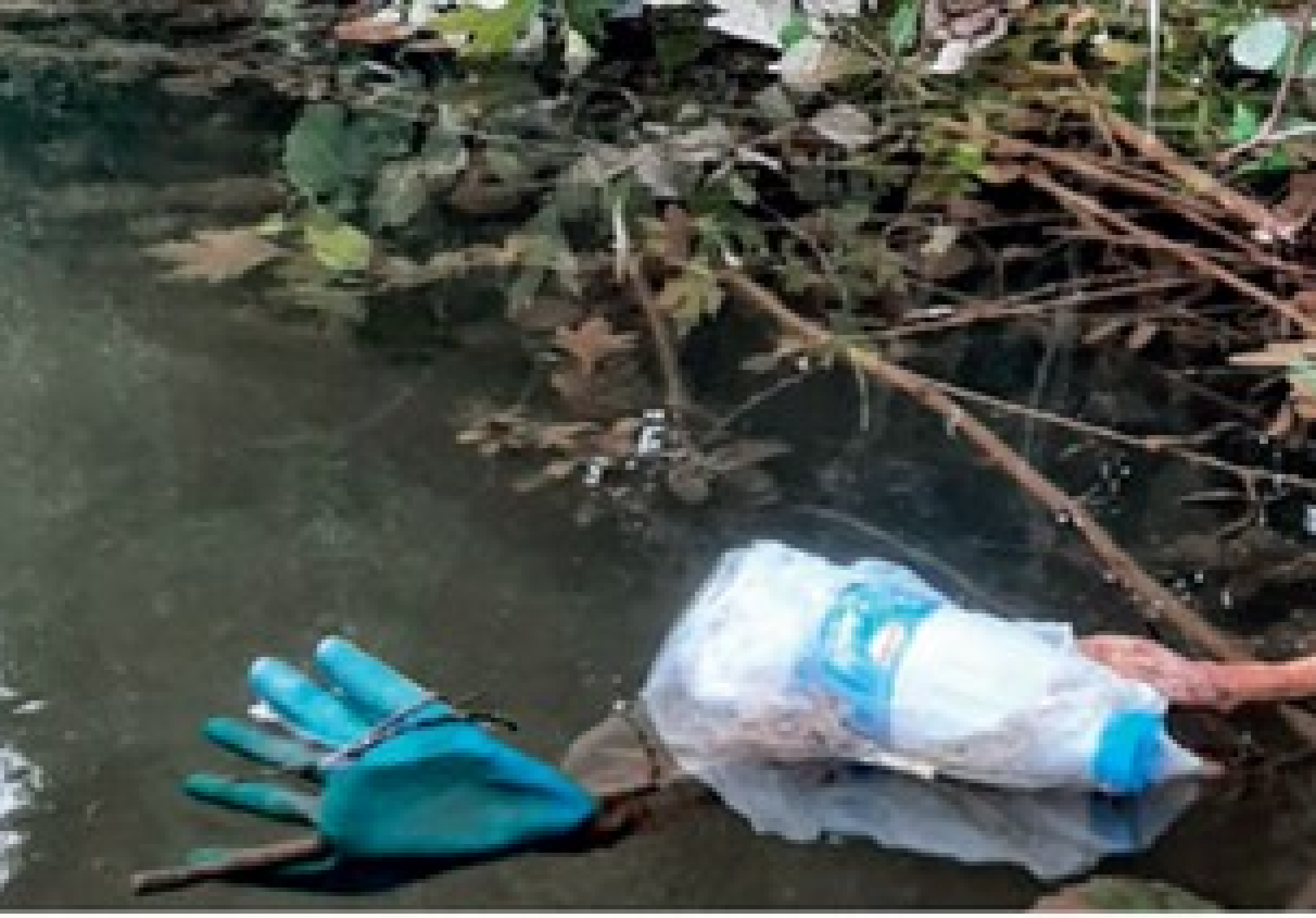
Activities
Hits: 1063
Is plastic pollution prevented in Albania and how is it managed?
Is plastic pollution prevented in Albania and how is it managed?
Plastic production , consumption, and waste is expanding exponentially, affecting marine, freshwater, and terrestrial ecosystems and contributing to greenhouse gas (GHG) and hazardous chemical emissions with consequent implications for human health, economies, and social well-being around the world.
According to the report carried out by n the BeMed+ Project, it turns out that several difficulties are encountered in Albania at the level of the pre-collection, collection, cleaning, recovery and recycling chain in the country. The treatment in particular has presented many organizational and technical difficulties, causing environmental, social and economic problems. The report focuses on identifying and evaluating the main strengths and challenges of the central and local government for the management of plastic waste. The best level of governance and the most appropriate legislative and/or regulatory and/or voluntary tools to respond to the problem of plastic pollution in the Albanian pilot region is identified and evaluated.
In order to ensure the sustainability of the plastic waste management system and its restructuring in line with regional and international recommendations, this report has developed some recommendations as "Position Paper" for all levels of the value chain and for waste recovery and treatment activities. In particular, the recommendations (read more) stress the importance of developing an adequate institutional, financial and technical framework, supported by scientific research and innovation, as well as a communication and education plan.
Every choice count, from refusing single-use plastics to advocating for sustainable alternatives!



